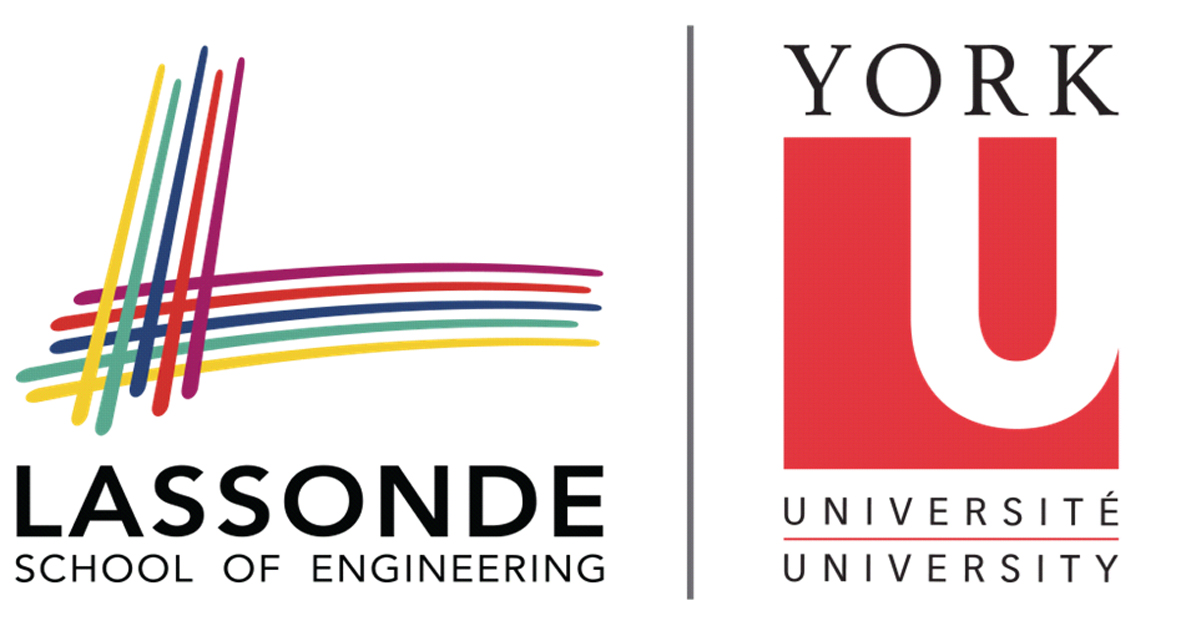Week
|
Date
|
Topic / Notes
|
Required Reading
|
Assignments / Important Dates
|
Student Presentations Dates
|
1
|
M, Jan 7
|
Introduction
|
|
|
|
|
W, Jan 9
|
Importance
of Computer/Network Security
Networking
Primer (part 1) |
|
|
|
2
|
M, Jan 14
|
Networking
Primer (part 2) |
|
|
|
|
W, Jan 16
|
Networking
Primer - exercises
Security
Assessment of IPv4 (part 1)
|
|
|
|
3
|
M, Jan 21
|
Security
Assessment of IPv4 (part 2)
|
Intro to Wireshark:
From
University of Georgia
From
UofCalgary
|
|
|
|
W, Jan 23
|
Security
Assessment of IPv4 (part 3)
|
|
|
|
4
|
M, Jan 28
|
Security
Assessment of IPv6
|
|
|
|
|
W, Jan 30
|
Python
Intro (part 1)
|
|
|
Team 1
Botnet
Communications and Protocols
V. Martintsov, A. Winkler, M. Chowdhury
|
5
|
M, Feb 4
|
Python
Intro (part 2)
Scapy
(part 1)
|
Scapy
Documentation: Release 2.4.0-dev
|
|
|
|
W, Feb 6
|
Weather Emergency - class
cancelled
|
|
|
|
6
|
M, Feb 11
|
Security
Assessment of ARP Protocol
|
|
Assignment
1 |
|
|
W, Feb 13
|
Security
Assessment of ICMP Protocol
Scapy
(part 2)
|
|
Lab-test 1
|
Team 2
IPv6
Security/Attacks
H. Sharma, S. Saad, S. Ahmed
|
Reading Week (Feb 16 - Feb 22)
|
7
|
M, Feb 25
|
Midterm Exam
|
|
|
|
|
W, Feb 27
|
VPNs
(part 1) |
|
|
Team 3
DNS
Security
A. Klif, N. Ahmad, A. Al-Gailani |
8
|
M, Mar 4
|
VPNs
(part 2)
Cryptography
Review
IPsec
(part 1)
|
Stallings textbook, Chapter 9
|
|
|
|
W, Mar 6
|
IPsec
(part 2) |
Stallings textbook,
Chapter 9 |
Mar 8 - last date to drop course
|
Team
4
Anonymous
Networks
A. Wakif, B. Booth, E. Dao
|
9
|
M, Mar 11
|
IPsec
(part 3) |
Stallings
textbook, Chapter 9 |
|
|
|
W, Mar 13
|
IPsec
(part 4)
|
Stallings textbook, Chapter
9 |
Lab-test 2
|
Team 5
Latest
Trends in DDoS Attacks
P. Bhardway, T. Gumbs, S. Wirk |
10
|
M, Mar 18
|
IPsec
(part 5)
|
Stallings
textbook, Chapter 9
|
|
|
|
W, Mar 20
|
Security
Assessment of TCP (part 1)
|
Stallings textbook,
Chapter 6
|
Assignment
2 |
Team
6
VoIP
Security/Attacks
E. R. Aguero |
11
|
M, Mar 25
|
Security
Assessment of TCP (part 2)
TLS
(part 1)
|
Stallings
textbook, Chapter 6
|
|
|
|
W, Mar 27
|
Digital
Certificates
TLS
(part 2)
|
Stallings textbook,
Chapter 6
|
Lab-test 3 |
Team
7
DHCP
Security/Attacks
D. Geller, M. Arndt, K. Sarbinowski
|
12
|
M, Apr 1
|
TLS (part 2) continued ...
|
|
Assignment
3 |
|
|
W, Apr 3
|
|
|
|
Team 8
Bluetooth
Security/Attacks
A. D'Errico, M. Jafareih, A. Halawani
-------------------------------------------------------------
Team 9
6LoWPAN
Security/Attacks
D. Li, D. Torres Fleites
-------------------------------------------------------------
Team 10
BGP
Security/Attacks
A. Solovey, Y. Bai, H. Ahmad, T. Mahmood
-------------------------------------------------------------
Team 11
SNMP
Security
H. Keflu, A. Xu, N. Panjawani
|
Friday, April
5, 9:00 am - location: ACE 007
|
|


